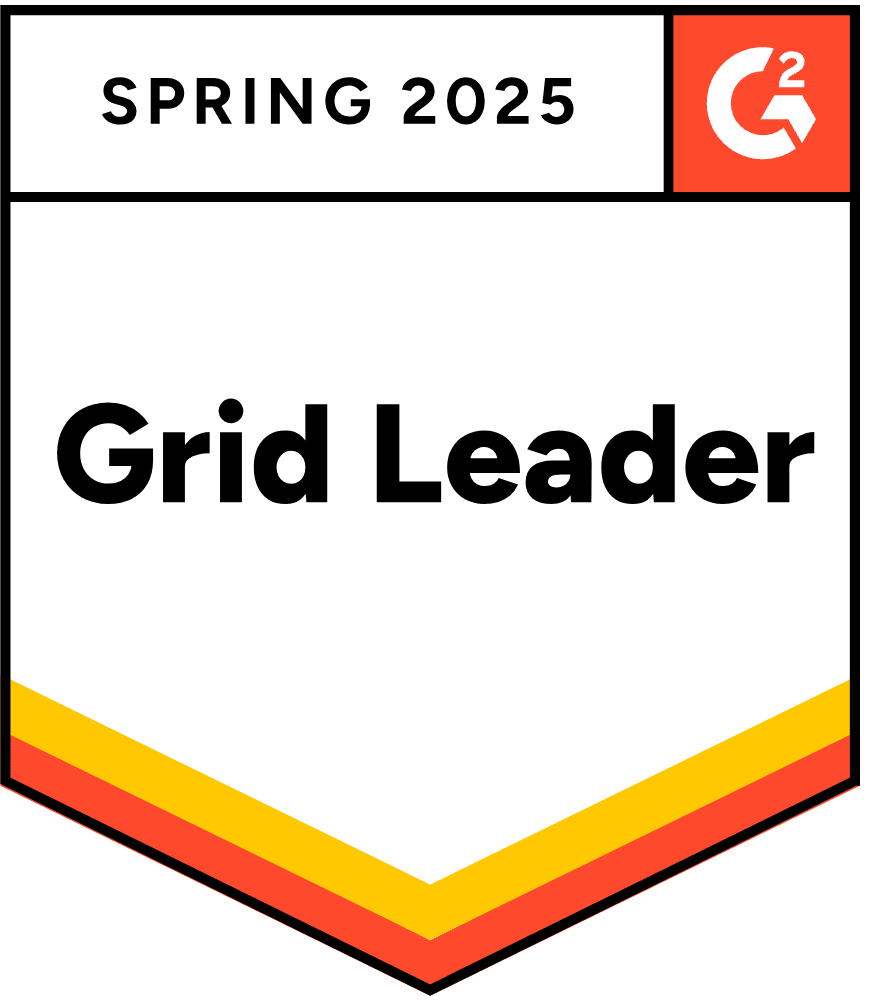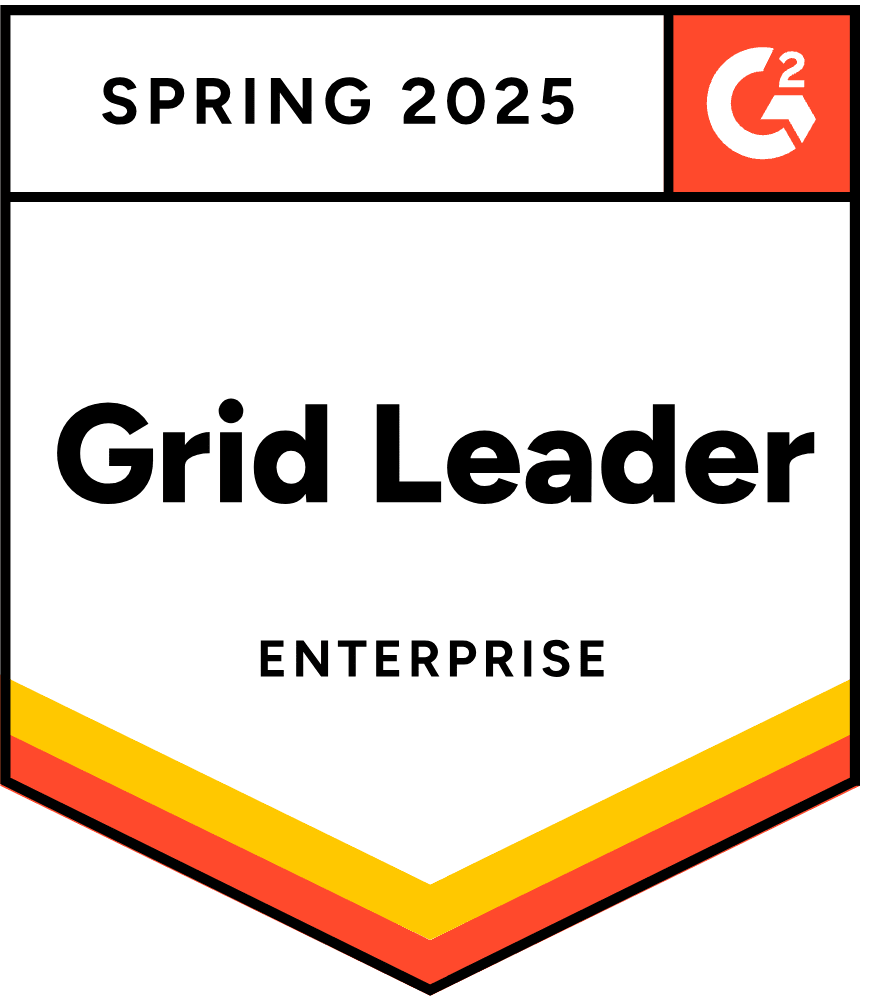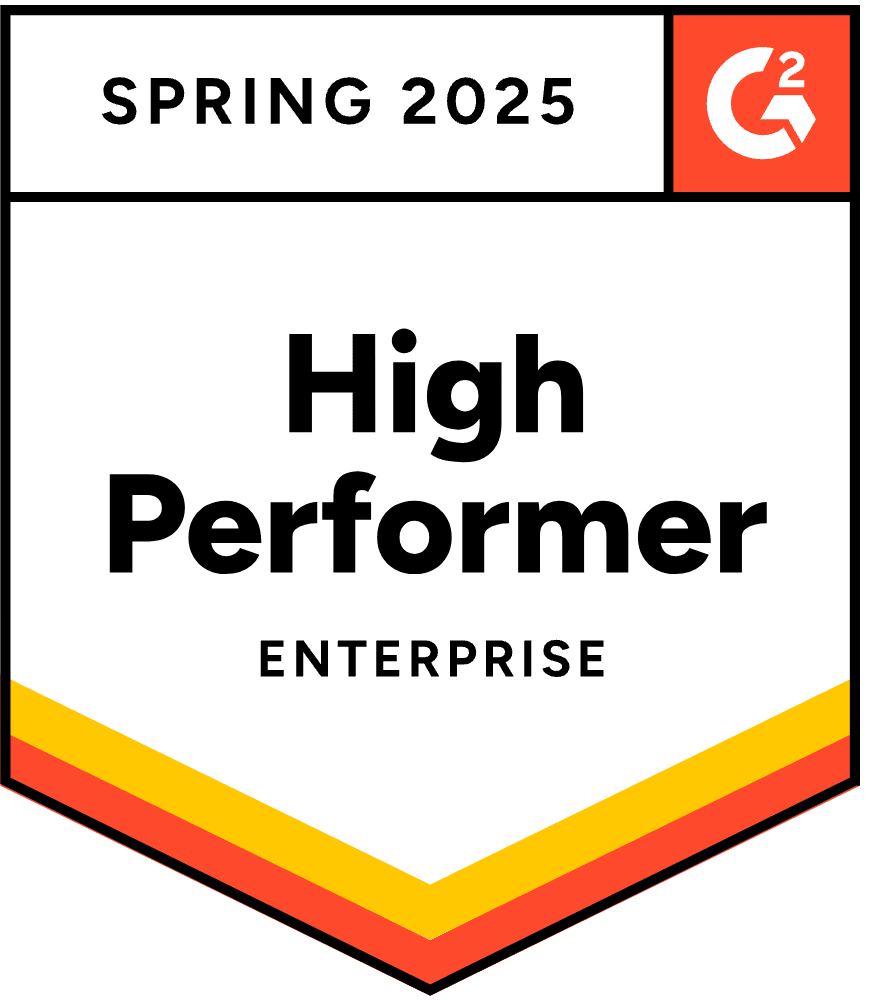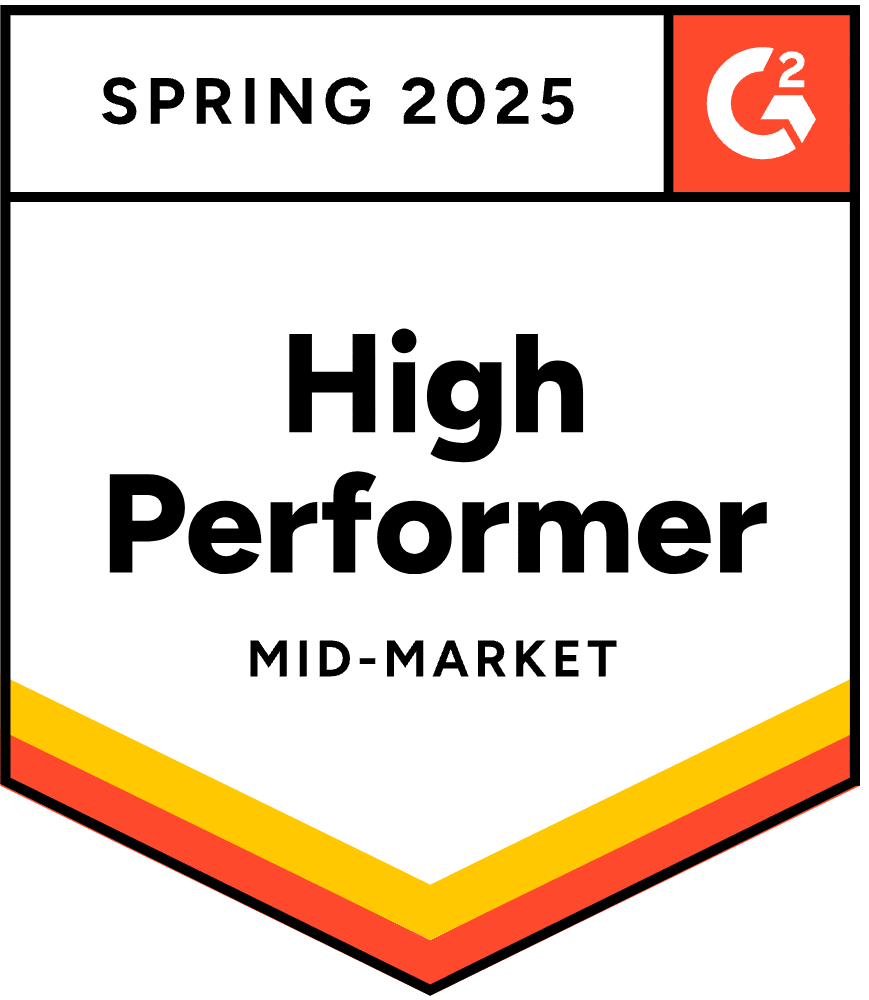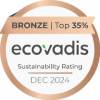Introduction
Welcome back to Hire We Go!, where we dive into the fast-changing world of talent acquisition and how tech, data, and a little bit of human touch are reshaping the way we hire. In this episode, we’re joined by Serge Boudreau, Chief Revenue Officer at Resume Wallet (or CV Wallet, depending on which side of the pond you’re on). From the explosion of AI-driven job applications to the real cost of low-quality candidate flow, Serge shares a no-fluff take on what’s broken in the sourcing game—and how verified, high-intent candidates could be the key to fixing it.
Ashlie Collins: Welcome to Hire We Go!, where we’re chatting all things talent acquisition transformation. Whether you’re an HR vet or someone who’s simply fascinated by how to find, attract, and engage talent, you’re in the right place. I’m your host and director of solutions here at Joveo, Ashlie Collins, and joining us today is Serge. Thank you so much for joining us. Why don’t you tell us a little bit more about yourself and CV/Resume Wallet?
Serge Boudreau: Well, first of all, thank you for having me. It’s a pleasure to meet you, Ashlie. I think I’ve seen your name over the years, but finally face-to-face. So, it ‘s my pleasure on that end. A little bit about me. So my name is Serge Boudreau. I’m the chief revenue officer at Resume Wallet. In North America, we call it Resume Wallet. In Europe, we call it CV Wallet. Obviously, we leverage different terms depending on where you are in the world. I’ve been in recruiting for around 20 years. I’ve spent half of my time as a recruiter, talent acquisition leader, then I guess the other half on the other side of the equation on the HR tech side. I’ve worked with companies like Indeed, Workopolis here in Canada. I’m also a podcast dude. I was the host of the Recruitment Flex podcast that ran for four years. I am currently the HR weatherman on the HR Morning Show that airs every Tuesday morning. And I have a YouTube/podcast series called The Quality Conversation that shows up every two weeks. So yeah, I definitely want everyone to check those.
But let me tell you a little bit about Resume Wallet.
I’m sure a lot of people have, well, some people have heard about Resume Wallet. Basically what we are is a two-sided marketplace with a job seeker app that candidates can leverage to get their credentials verified. And then we look at matching them with jobs in our network that meet all the criteria including qualifications, we look at location, and then we look at verifying those credentials. We then work with our clients – because they are verified and we feel they’re qualified, as well – that they get prioritized in the hiring funnel. Basically, what we’re trying to do is fix one of the biggest issues we’re seeing in recruitment right now, which is way too many unqualified candidates flooding into the recruiter’s inbox.
Ashlie Collins: Absolutely, and I think we are aligned in that mission, I must say. I was curious to get your take with the rise of AI-driven applications and easy apply tools, flooding recruiters with the high volume of candidates. Like we talked about, how do you see the balance shifting between efficiency and quality in hiring?
And it’s a two part question. Do you feel like there are companies that are prioritizing the right metrics when evaluating their recruitment success?
Serge Boudreau: Well, that’s a great question. I think it’s a question that a lot of practitioners in our industry are trying to resolve. But what we’re seeing is a huge imbalance, right? Recruitment tech overall, both on the candidate side and also on the employer side, has made it a little bit too easy. What we’re seeing is a lot of AI-driven tools. I like to call it “lazy apply.” Basically, those tools where you enter your information once and suddenly it applies for a thousand jobs or whatever the amount a day. So trying to fix that is a challenge, as we said – recruiters are just flooded with volume and as we know, volume doesn’t really equal quality. And I know that’s been the case in the past. Let me give you a lot of candidates and let’s hope that you get qualified candidates out of it. But unfortunately, recruiters have been, I like to say they’re the canary in the coal mine. They are the first to get laid off when the economy starts slowing down or hiring. And unfortunately, the last couple of years have been really tough. So there are less recruiters and they’re getting more applicants, which is a challenge. They’re not getting to everyone. So we’re getting all these candidates that are getting ghosted because literally they can’t get to them. So the high quality candidates are not getting responses, and that’s creating a massive challenge of bad experience on the candidate side, but also bad experience for the recruiters. Recruiters are starting to get burnt out.
On the second question, when we look at metrics, this one I haven’t figured this one out completely, but I do have thoughts of what we should be looking. Because most of the time, recruiters that I know really, they kind of resort to efficiency metrics, like time to fill, cost per click, number of applicants… but it doesn’t really tell you anything. Are you actually hiring good quality candidates? And my experience is companies are not really digging in deeper. They’re not looking at the last year, the last two years. It’s like, okay, we got this amount of candidates. Like how many did actually flow through the process? How many did we hire of the ones we’ve hired? How many are actually still in the role? Like we never look at it because we’re so overwhelmed with just so much coming in.
I have some preference on metrics that companies should look at. One of them is the cost per qualified applicant. Why not look at, are we actually paying for talent that is good? And it doesn’t mean that because you’re qualified that you’re gonna get hired, but if you’re getting six qualified applicants and you can bring them through the interview process, that’s a good sign, right? If you’re only looking at how many applicants that you actually get, it’s just noise. We know there’s just noise out there.The other one that I look at is, and with a lot of tools and AI and ATS, everyone has really kind of job fit scores. And I was a little bit reluctant on those in the past, but I think the technology has improved so dramatically that it has to be part of the process. Are candidates aligning with the role or is it just candidates that are mass applying for jobs, right? Trying to get a determination of that is really critical. But balance, right? AI is here. It’s being leveraged by candidates. It’s being leveraged by employers, by technology providers. How can we all make it together? How can we make it work for recruiters? Because it feels right now it’s working against recruiters and really would love to fix that part of the equation.
Ashlie Collins: Yes, I couldn’t agree more. I think we’re seeing a lot of our partners, our clients that are spending really good money to overwhelm their recruiters and create this problem for themselves. And it’s just one of the things we’re working to fix. And two of the other things that
I thought of as you were talking about the metrics, the cost per qualified application and the job fit are both strong opportunities to train the AI to teach the AI to think in the way that we want it to think, you know, you get to decide what quality means to you and you set that definition and that’s how your AI learns.
Serge Boudreau: But I have a question for you, Ashlie. So looking at the other way, do you think that with the flood of candidates that’s happening right now, the job fit will help? Because when we talk about calibrating candidates,we almost have to go back in history and look at the last year, the last two years of those candidates that have come through the funnel. Why do you think companies don’t do that? Is it a resource issue?
Ashlie Collins: I think it’s a resource issue and I think it’s a technology issue. I think one of the best ways to get the job fit or the job match right is to plug in your existing database to tools that can essentially analyze who are the folks that you’re hiring and what do they look like? Are there schools that they came from? There’s a lot more that you can learn about the human beings. I think we take such a consumer approach to this all the time, don’t we? And it’s a very different set of data that you analyze when you’re talking about a person and what makes them succeed in a given role. I think that that’s one of the big pieces that go together, right? You’re light on resources and folks haven’t automated this at scale in a meaningful way.
So, last question for you today and really appreciate your time. If you had a magic wand, what would you change about talent sourcing in 2025?
Serge Boudreau:Oh I thought just the magic wand in general. The first thing I’d do is fix my receding hairline… trying to figure out how that works. But if I look at talent sourcing, recruiters are really drowning on low quality, low intent applications. So how do we fix this?
I want us to focus on smarter, not just faster here, because I think a lot of tools, everything we’re doing is like, how can we get candidates to the systems a lot quicker? How can we have everything just quicker? And I think this is, okay, let’s take a step back.Let’s, as someone said to me on my podcast, we slow down to speed up, or I think it’s critical here. For organizations, what I like to see for recruiters is that they start getting really high intent people who are actually really interested in your opportunity. I’d like to see them pre-verified. I think trust has been broken in the process in the last like five, 10 years, both on the candidate side because of getting ghosted and both on the other side as well. Like what are real jobs? The job ecosystem has gotten extremely noisy and if we don’t fix it, it’s going to make us irrelevant in some ways. I think we have to focus on that. Like how do we get through, how do we get rid of these thousands of unqualified resumes? That would be ideal. I want to see sourcing in a way, like if we’re going to leverage AI, I don’t, keyword matching is a little bit outdated. I think the technology is way better now that it can look at key things that could determine success in that role that maybe we couldn’t in the past. But my number one thing, and as a recruiter at heart, what I really love and what I was really good at was building relationships. Kind of being an account manager between the hiring managers. So you’re their account manager. You make sure they get everything they need, right? You’re a partner with them. And for candidates, you’re building relationships. You’re spending your time building relationships instead of doing all the admin work, which AI should eliminate. This is where the real value is.
But also sifting through unqualified candidates. If you get a thousand candidates and 997 are not qualified enough, to go through all of them? What a waste of time for everyone. So I guess that’s a lot. It’s a big magic wand, but that’s what I’d like to see in the industry. Definitely a real focus on verified and qualified candidates.
Ashlie Collins: Amazing. Well, thank you so much for casting your vision and for joining us today. And thank you to all of you for tuning in. We’ll see you next time.
Serge Boudreau: Thank you so much.
Conclusion
As Serge puts it, we need to stop flooding recruiters with noise and start surfacing the real signals. Verified, high-intent candidates. Smarter sourcing. Human connection. And maybe—just maybe—letting AI do what it does best so recruiters can go back to doing what they do best: building trust and relationships. Thanks for tuning into Hire We Go!—we’ll catch you next time with more bold ideas and brilliant minds from across the hiring universe.



